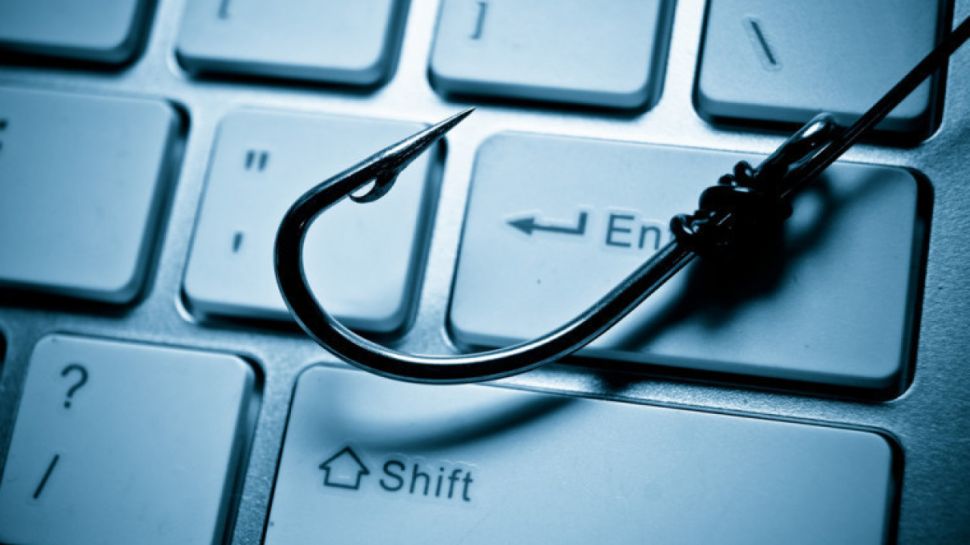Tech Radar
Pretend DocuSign and HubSpot phishing emails goal 20,000 Microsoft Azure accounts

- Unit 42 says phishing marketing campaign focused automotive, chemical, and industrial compound manufacturing industries
- Greater than 20,000 victims have been efficiently focused
- The marketing campaign has been disrupted, however customers ought to nonetheless be on their guard
Hackers of doubtless Russian or Ukrainian origin have been concentrating on UK and EU organizations within the automotive, chemical, and industrial compound manufacturing industries with superior phishing threats, consultants have warned.
A report from Unit 42, Palo Alto Networks’ cybersecurity arm, claims to have noticed a marketing campaign that began in June 2024, and was nonetheless energetic as of September. The objective of the marketing campaign was to seize folks’s Microsoft Azure cloud accounts, and steal any delicate info discovered there.
The crooks would both ship a Docusign-enabled PDF file, or an embedded HTML hyperlink, which might redirect the victims to a HubSpot Free Kind Builder hyperlink. That hyperlink would normally invite the reader to “View Doc on Microsoft Secured Cloud,” the place the victims could be requested to offer their Microsoft Azure login credentials.
Bulletproof internet hosting
The vast majority of the victims are positioned in Europe (largely Germany), and the UK. Roughly 20,000 customers have been “efficiently focused”, the researchers mentioned, including that a minimum of in just a few circumstances, the victims offered the attackers with login credentials: “We verified that the phishing marketing campaign did make a number of makes an attempt to hook up with the victims’ Microsoft Azure cloud infrastructure,” the researchers mentioned of their writeup.
In addition to utilizing customized phishing lures, with organization-specific branding and electronic mail codecs, the crooks additionally went for focused redirections utilizing URLs designed to appear to be the sufferer group’s area. Moreover, the miscreants used bulletproof VPS hosts, and reused their phishing infrastructure for a number of operations. Many of the phishing pages have been hosted on .buzz domains.
At press time, many of the assault infrastructure was pulled offline – Unit 42 mentioned it labored along with HubSpot to handle the abuse of the platform, and engaged with compromised organizations to offer restoration assets. Since most phishing servers at the moment are offline, the researchers mentioned the disruption efforts have been efficient.
By way of The Register
You may additionally like
Source link










































































